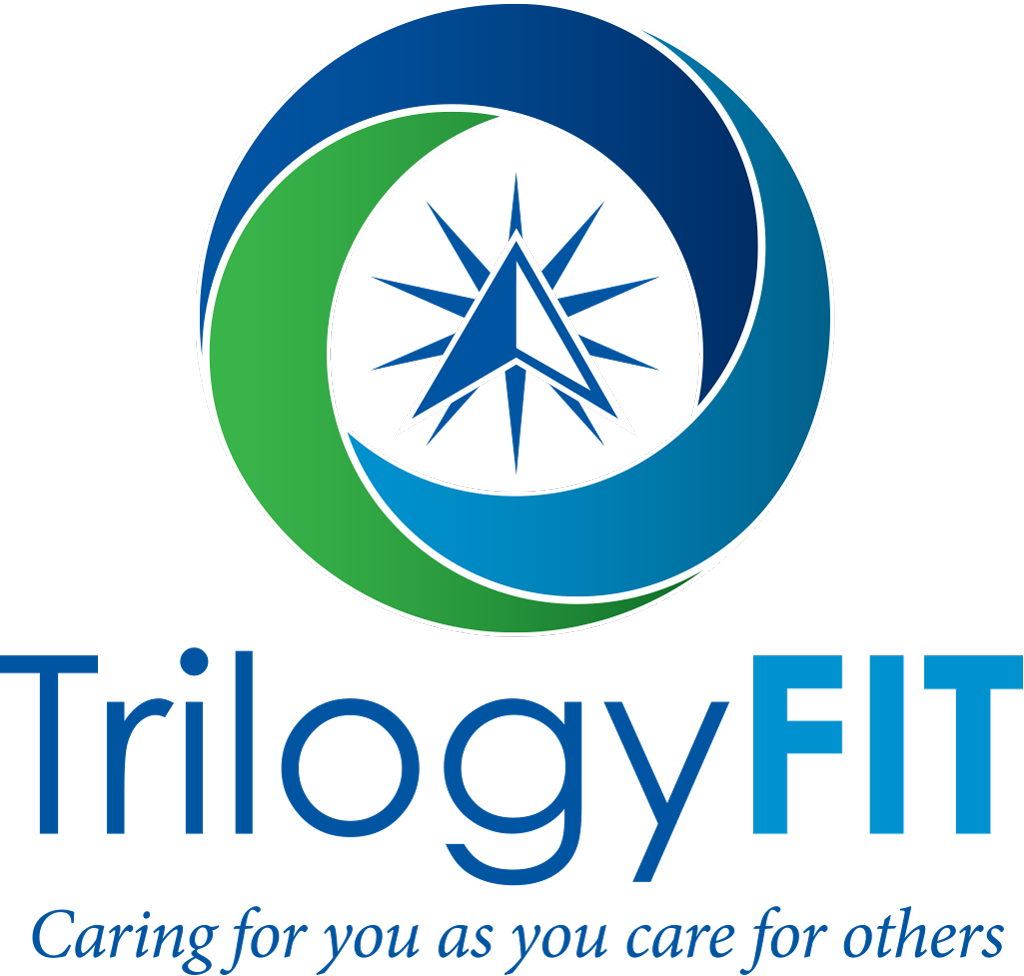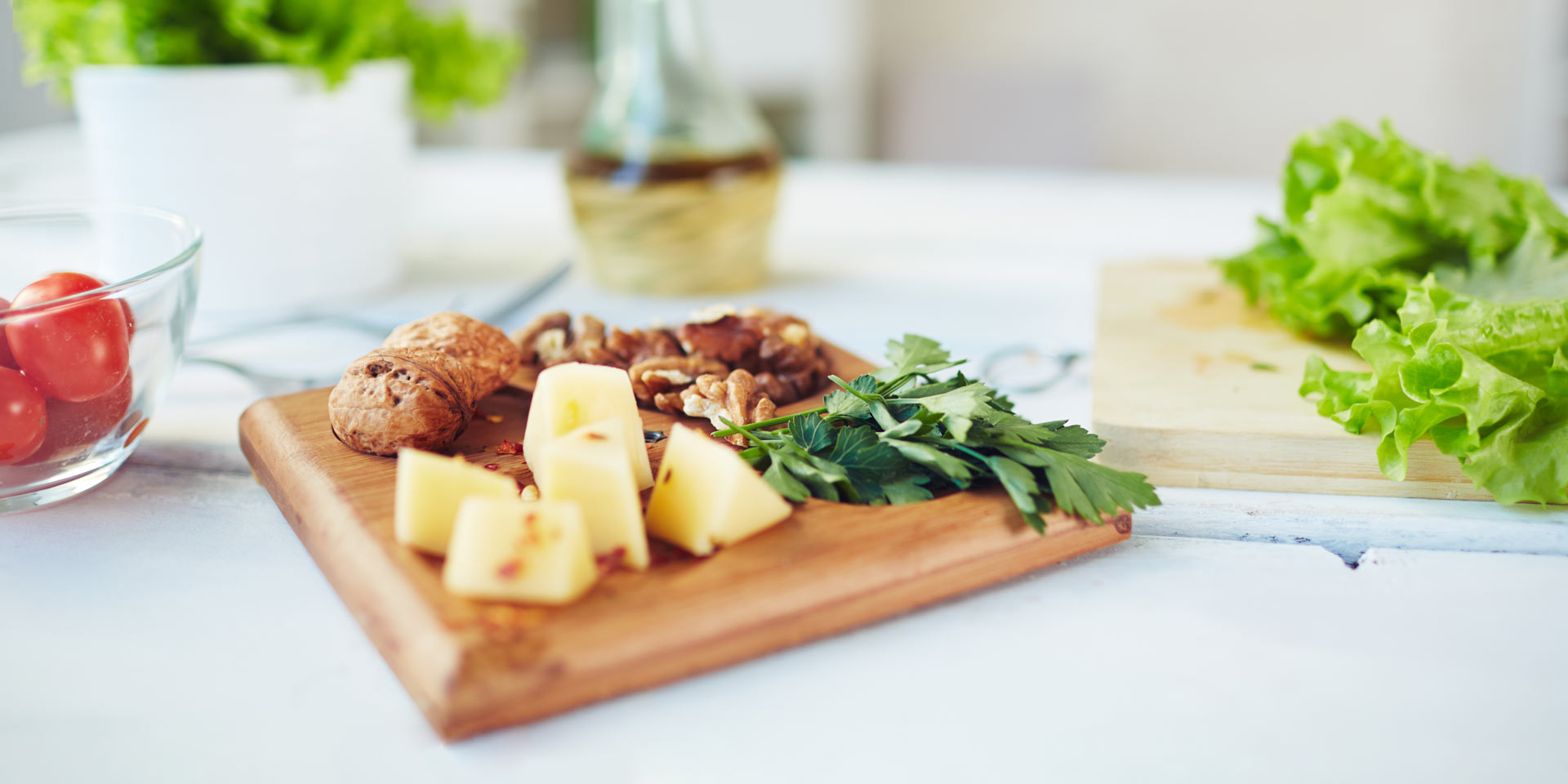Proper nutrition helps prevent and manage various common diseases such as certain cancer, high blood pressure, type 2 diabetes, obesity, heart disease and osteoporosis. It also helps increase quality of sleep and energy, decrease cholesterol, improve your ability to fight illnesses, decrease recovery time from an injury and improve upon your overall well-being. Remember eating fresh is always best!
Tips and Tricks for Eating Healthy
- Grab your favorite large reusable water bottle. Set a goal of how many bottles to drink daily. Carrying around the water bottle will be a constant reminder to drink. Set reminders every two hours to refill your bottle. Drinking more water will decrease feelings of hunger and wanting to snack, which is often caused by boredom. Therefore, drinking more water throughout the day can help replace snacking. Try using sugar free/natural flavor drops to add flavor.
- Eat More of these Foods: Fruits and vegetables, whole grains, fish and seafood, vegetable oils, beans, nuts and seeds.
- Eat Less of these Foods: Whole milk and other full-fat dairy foods, red meat, processed meats, highly refined and processed grains and sugars and sugary drinks.
- Don’t go Cold Turkey: It’s easy to get excited when learning about healthy practices but don’t dump old habits immediately. When going cold turkey, new and healthier habits are unlikely to stick. Slowly begin adding healthier habits, which allow for a much smoother and more attainable transition to achieve a healthier lifestyle. As an example, when you learn using two spoonsful of sugar in your coffee is unhealthy, don’t immediately switch to black coffee. Most likely, the new flavor will taste extremely unsatisfying, causing you to revert to your old habit of using sugar as a sweetener. Instead, cut back slowly on the amount of sugar used and eventually you will be drinking black coffee in no time!
- Eating Healthy on a Budget: To avoid food waste, shop every few days. Shop generic brands, don’t buy junk food, purchase cheaper cuts of meat and stock up on sale items. Replace meat proteins for plant proteins, buy fruits and vegetables that are in season, use coupons and grow your own produce. Remember to plan meals ahead of time, cook at home, make sizable portions and save leftovers.
- Eat foods high in potassium such as bananas, parsley, tomatoes, peppers and radishes to help flush out sodium.
- Healthy Snack Ideas: Nuts (palm size portion), whole grain seed and nut crackers, sweets & beets chips, hummus with carrots or peppers, roasted sweet potato with avocado, apples or celery with nut butter, Ezekiel bread or a rice cake with peanut butter, chia seeds or tuna on Ezekiel bread or sweet potato slices.
- There are roughly 3,500 calories in one pound. If you eat in a surplus of 500 calories a day for one week, you will gain one pound.
- Fatty Fish
- High-Fiber Fruit
- Avocado
- Beans and Legumes
- Olive Oil
- Nuts
- Soy
- Red Wine
- Soda for infused water or flavored carbonated water ex: La Croix
- Conventional salad dressing for balsamic vinegar, olive oil, sea salt, and fresh cracked black pepper
- Oatmeal instead of sugary breakfast cereal
- Lightly buttered popcorn for chip
- Fruit for snack bar
- Protein bars for granola bar
- Sweet potatoes for regular potatoes
- Olive oil for vegetable oil
- Quinoa for rice or pasta
- Homemade popsicles for store bought
- Sprouted grain bread instead of white sliced bread
- Ground turkey for ground beef
- Natural peanut butter for conventional peanut butter
Harvard Healthy Eating Plate: Building a Balanced Meal
Read about Harvard’s “Healthy Eating Plate” which has recommendations for portioning healthy, well-rounded meals.





